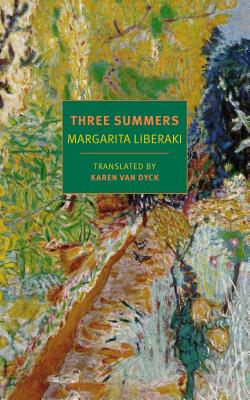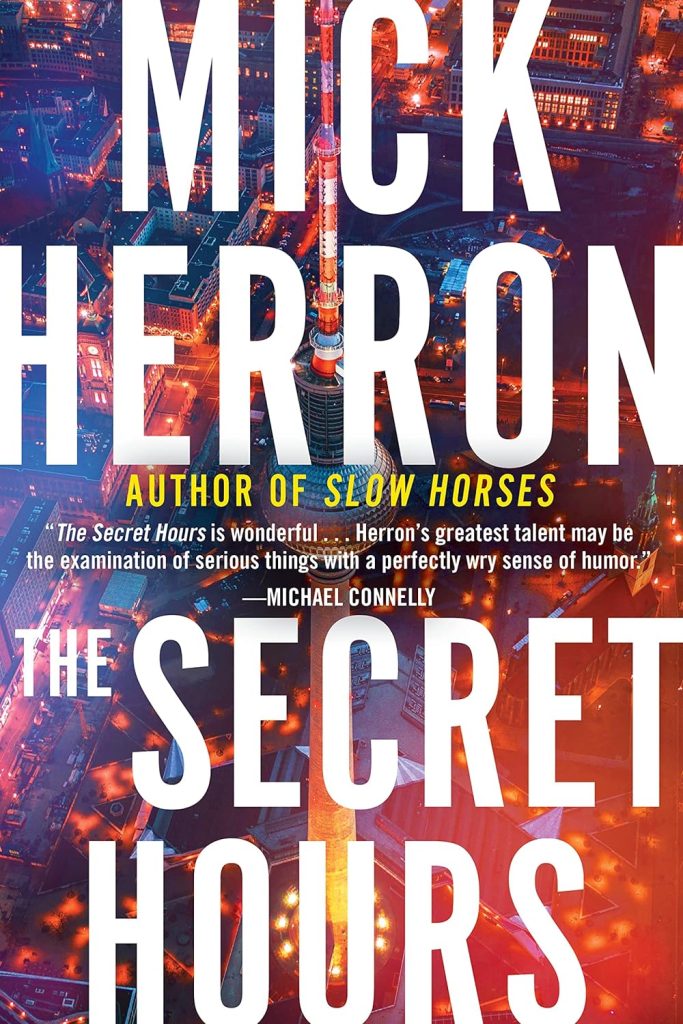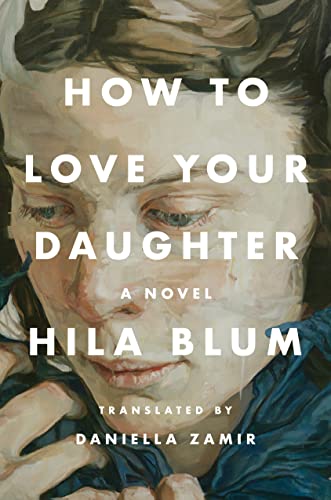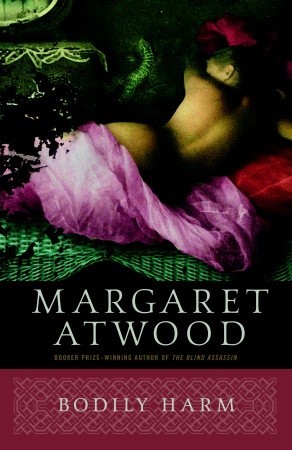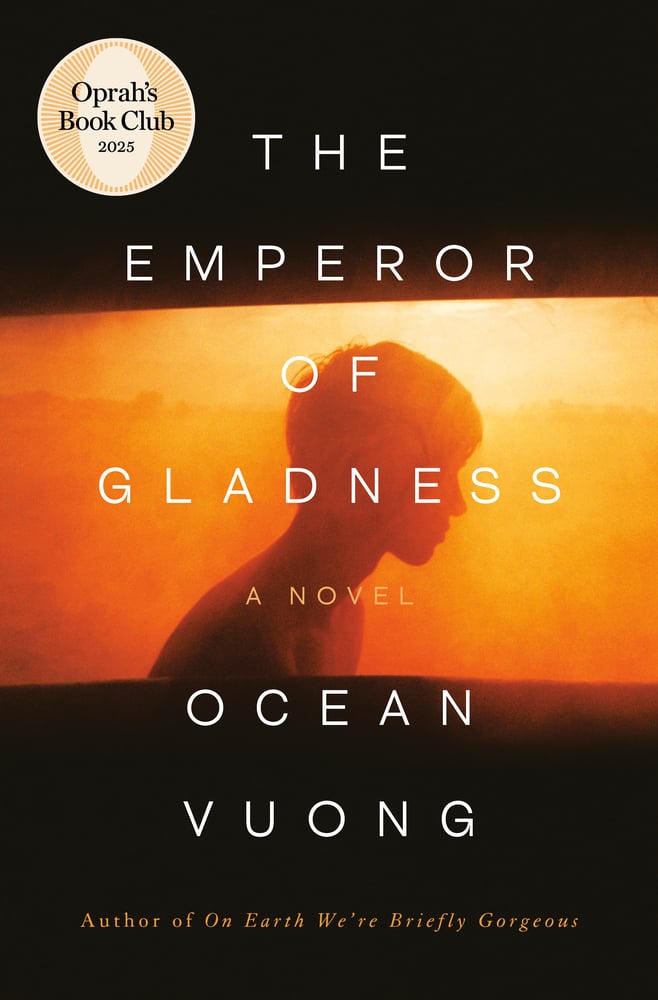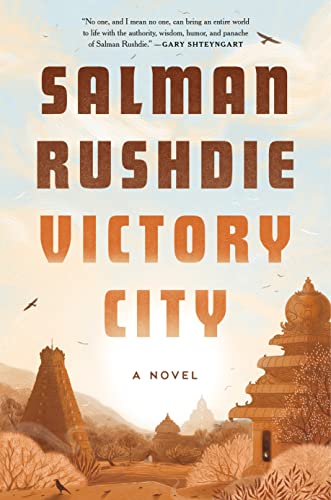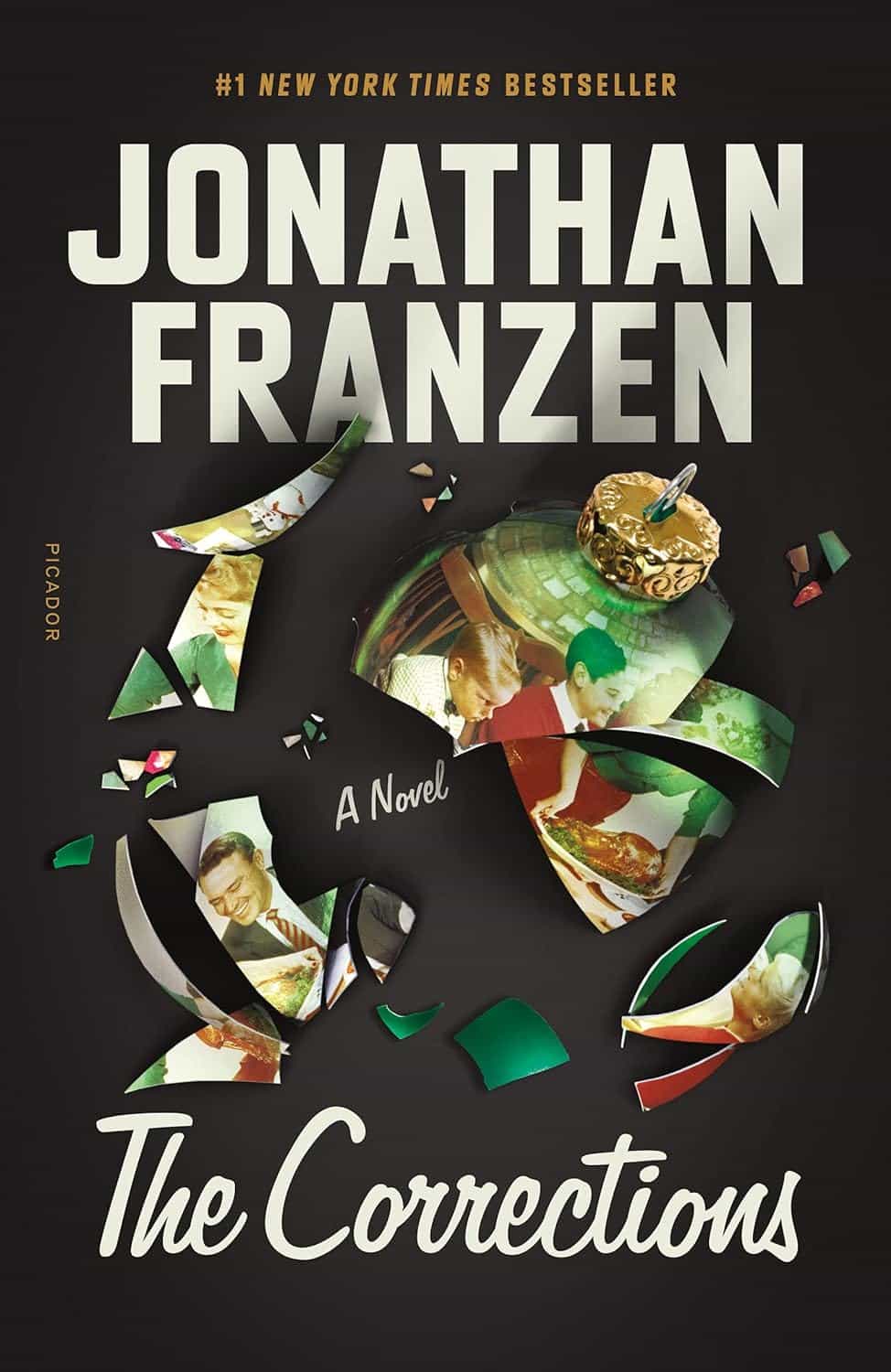
The Corrections: A Novel
Estimated reading time: 2 minutes, 1 secondToday, I embarked on a profound exploration of the human condition through Jonathan Franzen‘s ‘The Corrections: A Novel.’ It guides us from the heart of the Midwest in the mid-century to the bustling streets of Wall Street and the enigmatic landscapes of Eastern Europe. It’s no surprise that it’s hailed as one of The New York Times 100 Best Books of the 21st Century.
Jonathan Franzen‘s ‘The Corrections: A Novel‘ is not just a family saga but a profound critique of our modern society. It’s a work of art that delves into the issues of our new century, enlightening us with its insights. Franzen masterfully juxtaposes the old-fashioned America of freight trains, civic responsibility, and holiday treats with the modern absurdities of neuroscience, home surveillance, hands-off parenting, DIY mental health care, and the anti-gravity New Economy. It’s a narrative that will evoke laughter, tears, and deep contemplation. Through ‘The Corrections,’ Franzen establishes himself as one of the leading interpreters of American society and the American spirit.
Enid Lambert is distraught. She conceals her anxiety from her neighbors and adult children, but her husband, Alfred, is slipping into a world of his own. Whether it’s the medication for his Parkinson’s disease or his pessimism, he’s becoming increasingly detached. His days are spent brooding in the basement, engaging in mysterious, unsettling actions, and struggling to understand Enid’s words. The depth of their struggle is palpable, drawing the reader into their world.
Trouble also brews in the lives of Enid’s children. Her eldest son, Gary, a banker in Philadelphia, has become callous and materialistic, trying to push his parents out of their old home and into a small apartment. The middle child, Chip, has abruptly quit his exciting job as a professor at D—— College for no discernible reason. He moved to New York City, seemingly embracing a “transgressive” lifestyle while working on a screenplay. Meanwhile, the youngest, Denise, has left her disastrous marriage only to waste her youth and beauty on an affair with a married man—or so Gary implies.
Enid, a lover of life’s pleasures, still looks forward to a final family Christmas and the upcoming Nordic Pleasurelines Luxury Fall Color Cruise with Alfred. However, his growing confusion and instability threaten these remaining joys. As Alfred’s condition worsens, the Lamberts must confront their family’s past failures, secrets, and long-buried wounds. Yet, in this journey of confrontation and reconciliation, the hope for a better future emerges.


